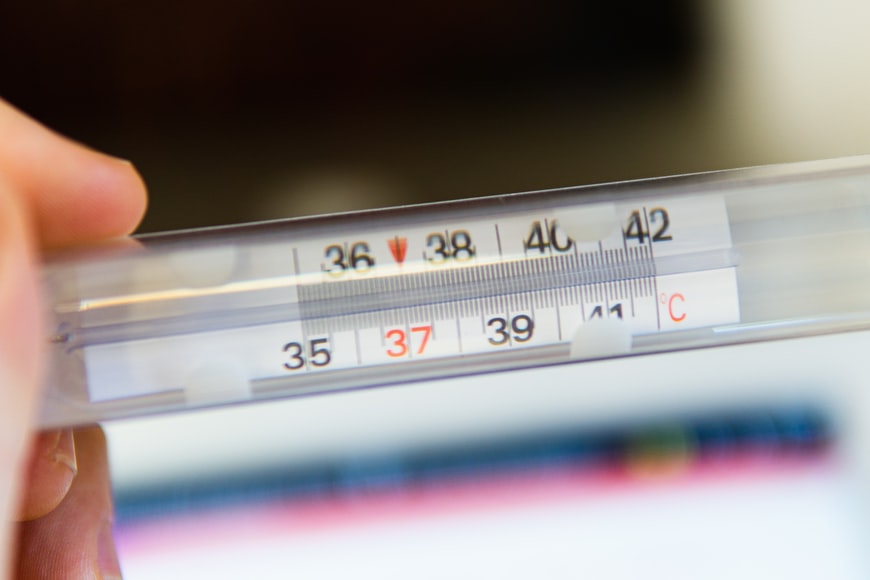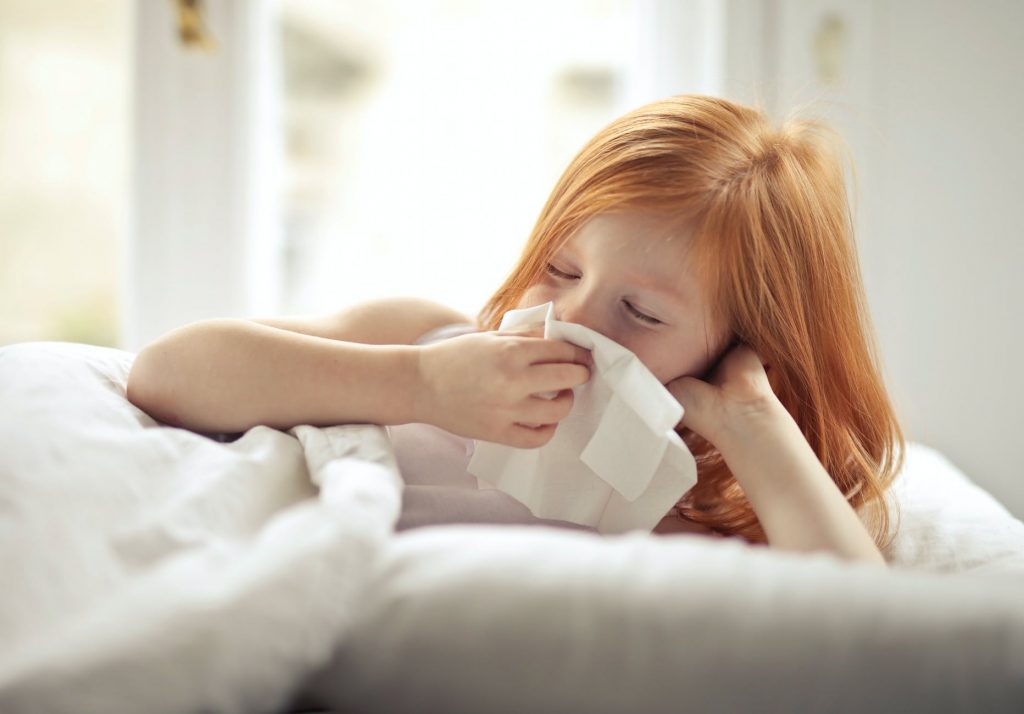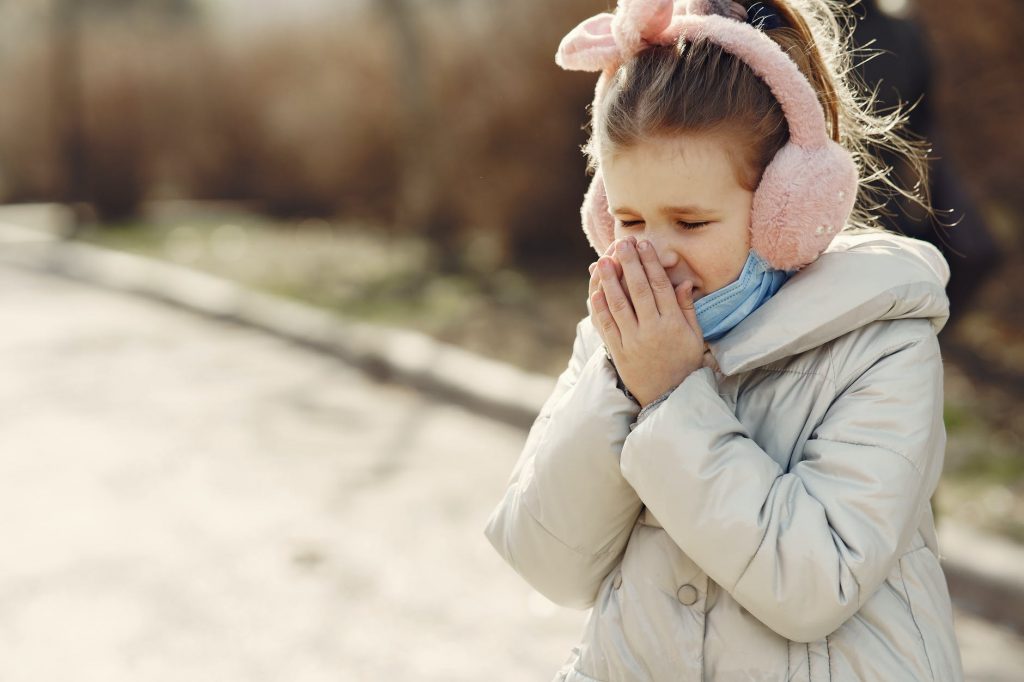7 Common Diseases Affecting Children and How to Prevent Them
Children are more vulnerable to the effects of disease than adults. This is because they’re still growing and developing. Their bodies need to be able to fight off infections and strengthen their immune system so that they can survive into adulthood.
The best way to prevent disease is by teaching good hygiene and nutrition to keep children healthy and reduce the risk of them getting ill. But on the off chance that they get sick, you should know to bring them to the nearest urgent care center to get diagnosed and treated.
Here are seven common diseases affecting children and how to prevent them:
1. Influenza (the Flu)
This very contagious virus spreads quickly from droplets produced during coughing and sneezing. It’s often caused by cold weather and is expected in the winter months. Symptoms show up around two days after the virus enters the body and include:
- Chills
- Fever
- Muscle aches
- Fatigue
- Sore throat
Coughing and sneezing can lead to the spread of this virus, so it’s best to keep your child away from public places, such as the mall, the cinema, and the train, during flu season. So before your child catches the flu, bring them in to get their shots, as it will help prevent your child from getting sick.
2. Scarlet Fever

This disease is brought on by the bacteria group A streptococcus. It’s more common in children between ages 5 to 15 but can affect people of any age. Symptoms usually show up around day four or five after the bacteria has entered the body and include:
- Light sensitivity
- Headaches
- Fever
- Stomach aches
- Sore throat
- Peeling skin around the fingernails and toenails
The best way to prevent scarlet fever is by washing hands regularly with soap and water, especially after coughing or sneezing. Please keep your child’s nails clean and trimmed, and make sure they don’t scratch their throat or skin.
3. Pneumonia
This is a severe respiratory infection that can affect either lung. It’s caused by bacteria or viruses but can also be triggered due to other illnesses, injuries, medications, and poor overall health. Children three years old and younger are more susceptible to pneumonia because their immune systems are still developing. Symptoms include:
- Fever
- Chills
- Chest pain
- Rapid breathing
Parents should make sure children receive vaccinations against the flu and a type of strep known as pneumococcal pneumonia to prevent pneumonia. Adults should also get their flu shots to protect children from getting sick.
4. Hand, Foot, and Mouth Disease

This is a common infectious disease that usually affects children under five. The most recognizable symptom is rashes and sores on the tongue, gums, palate, and inside of cheeks. Other symptoms include:
- Fever
- Sore throat
- Red blisters or rashes on hands and feet
This disease is spread through direct contact. A parent should keep their child away from other children if they start showing symptoms because the infection can be transmitted through saliva and mucus.
5. Mumps
Mumps is a life-threatening disease that can spread through saliva and respiratory fluids. The virus can grow and spread in your child’s saliva glands, throat, and even lungs. Symptoms include:
- Fever
- Sore throat
- Red cheeks
- Headache
A vaccine can prevent this disease. So if your child is not yet vaccinated against mumps, make sure they get the vaccine as soon as possible to avoid falling ill.
6. Whooping Cough

This is a severe respiratory disease that affects the windpipe and bronchial tubes. It’s particularly dangerous for babies under six months old because it can cause them to stop breathing entirely. Symptoms show up around two weeks after the bacteria has entered the body and include:
- Fever
- Coughing fits
- Choking sounds
- Wheezing
- Blotches on the skin around the chest and neck
This disease is very infectious. Children should be kept from public places, such as the mall until they’ve fully recovered. They can also be kept home if their coughing fits are severe enough to prevent them from going to school or playing with friends.
7. Encephalitis
This is a rare but severe brain disease with symptoms similar to meningitis. It’s caused by an infection but can also be triggered by certain vaccines. Symptoms include:
- Fever
- Vomiting or nausea
- Headache
- Confusion
- Stiff neck
- Seizures
Encephalitis can be fatal if left untreated. Parents should always consult a doctor as soon as their child falls ill and do what they can to take precautions at home, such as washing their hands regularly.
Many diseases can affect children, but knowing how to prevent them can help keep your child healthy and safe. Be sure to keep them away from public places, make them get all their vaccinations on time, thoroughly clean any toys or belongings that could carry disease, and consult a doctor if your child shows signs of illness.
Read Also:


